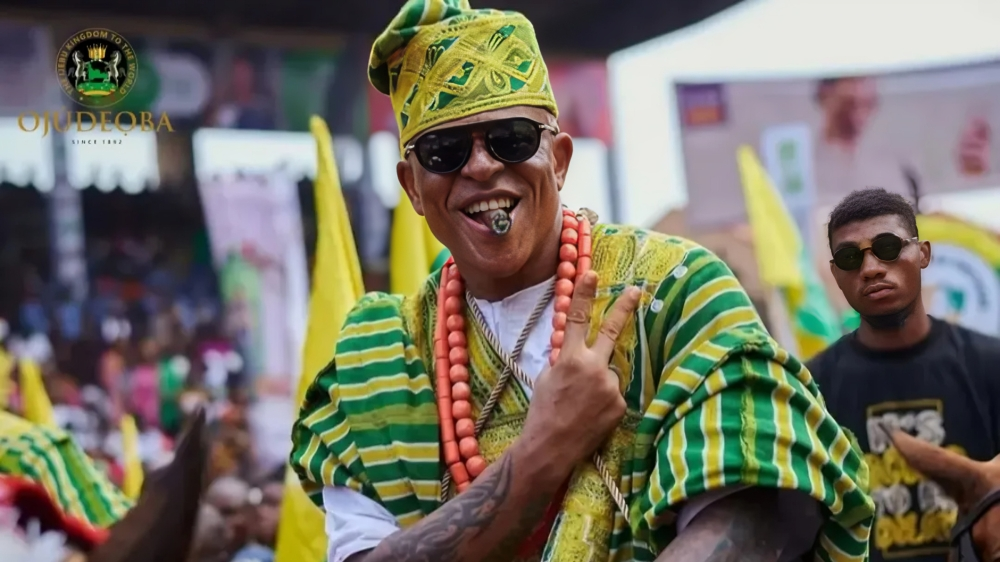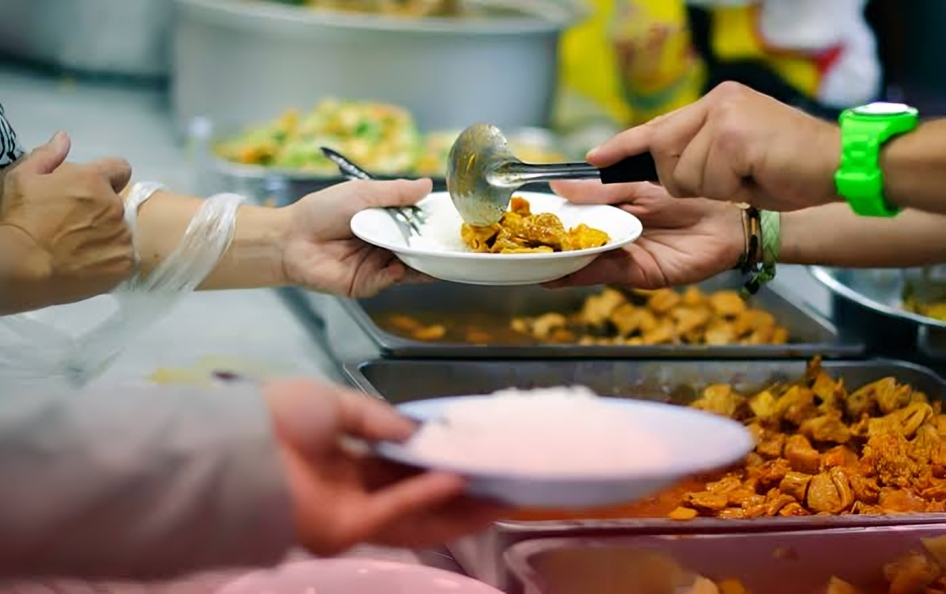The Ojude Oba is a Yoruba festival held in Ijebu Ode, one of the most prominent towns in Ogun State, Southwestern Nigeria.
Held annually on the third day after Eid al-Kabir, it is (according to the official website) a festival that accommodates people of different cultural age groups known as regberegbe to parade at the front of the king’s (Awujale) palace on the third day of Eid al Kabir festival commonly referred to as “Ileya” in Yoruba language.
It is not only celebrated by people of Yoruba origin or Ijebu descent but also by about a million people from different parts of the world and Nigeria.
When did it begin? – A look at the history of Ojude Oba
The festival, according to credible sources, began over 100 years ago.
READ ALSO: Ojude Oba Festival: 7 Top Hotels in Ijebu to Lodge in
Based on oral historical accounts, the festival began when Balogun Kuku, one of the leading personalities in the community, accepted Islam and became a practising Muslim.
He galvanised his close relatives including friends and well-wishers to pay homage to the king for allowing them to freely practise their religion peacefully.
Another account traces the origin of the festival back to when Imam Tunwatoba led his friends and family members to pay homage to the then Awujale of Ijebuland, Oba Fidipote, who was also his friend, during the Eid-l-Adha festival.
Imam Tunwatoba thanked the king for playing a key role in freedom enjoyed by the Muslims in the community to practise their faith in a peaceful atmosphere (Babatunde, 2007).
READ ALSO: Ojude Oba Festival 2025: Don’t Leave Home Without These Essentials
They prayed for the monarch to enjoy a long life, good health, and for the progress and prosperity of Ijebuland.
Since then, what began as a visit has grown in leaps and bounds to assume the status of a flagship cultural festival.
Today, the festival is usually attended by over 250,000 people across the six geopolitical zones of Nigeria and often sponsored by the incumbent Awujale, the people of Ijebu-Ode, individuals as well as corporate organisations.
READ ALSO: How those steeze images of Farooq Oreagba at Ojude Oba Festival came alive
What makes the fashion unique?
The Ojude Oba promotes healthy competition and camaraderie when it comes to fashion; the Yoruba culture regards dresses or traditional robes as a symbol of economic success and social status.
That is why the different age grades are dressed in ostentatious attire, adorned from head to toe with the intention to appear bold and expensive.
It is taken so seriously that the attire worn in the previous festival are usually not repeated in the next festival, showing a clear difference not just in colour but also in style.
READ ALSO: How the Ijebus come up with elaborate fashion at Ojude Oba Festival
Traditionally, the favorite colours of the Yoruba are tan, the rich natural tone of the silk known as sanyan, and blue, ranging from the palest to the deepest blue black obtainable from the indigo dye pots. Reds and an occasional yellow are also traditional preferences.
Why is the Ojude Oba a significant festival?
The Ojude Oba, which literally translates as king’s fore-court in Yoruba language, is a culturally and spiritually important festival in Ijebuland and Ogun State in general because of its ancestral heritage, core themes of unity, and magnificent celebration.
Spiritual significance: peaceful co-existence
Although the Ojude Oba festival was started by Muslims during their Eid-l-Adha, which is considered one of the conspicuous events for Muslims, the spiritual significance is that it encourages peaceful co-existence of people of different faiths.
Essentially, the festival serves as an avenue to pray for the king, his members of cabinet, the people, and community as a whole.
Overall, cultural elders and custodians of history attest to the traditional, religious, social, and military significance of the festival with a history spanning more than 100 years.
READ ALSO: Why the Ijebus’ Ojude Oba Festival is celebrated with glitz and glamour


